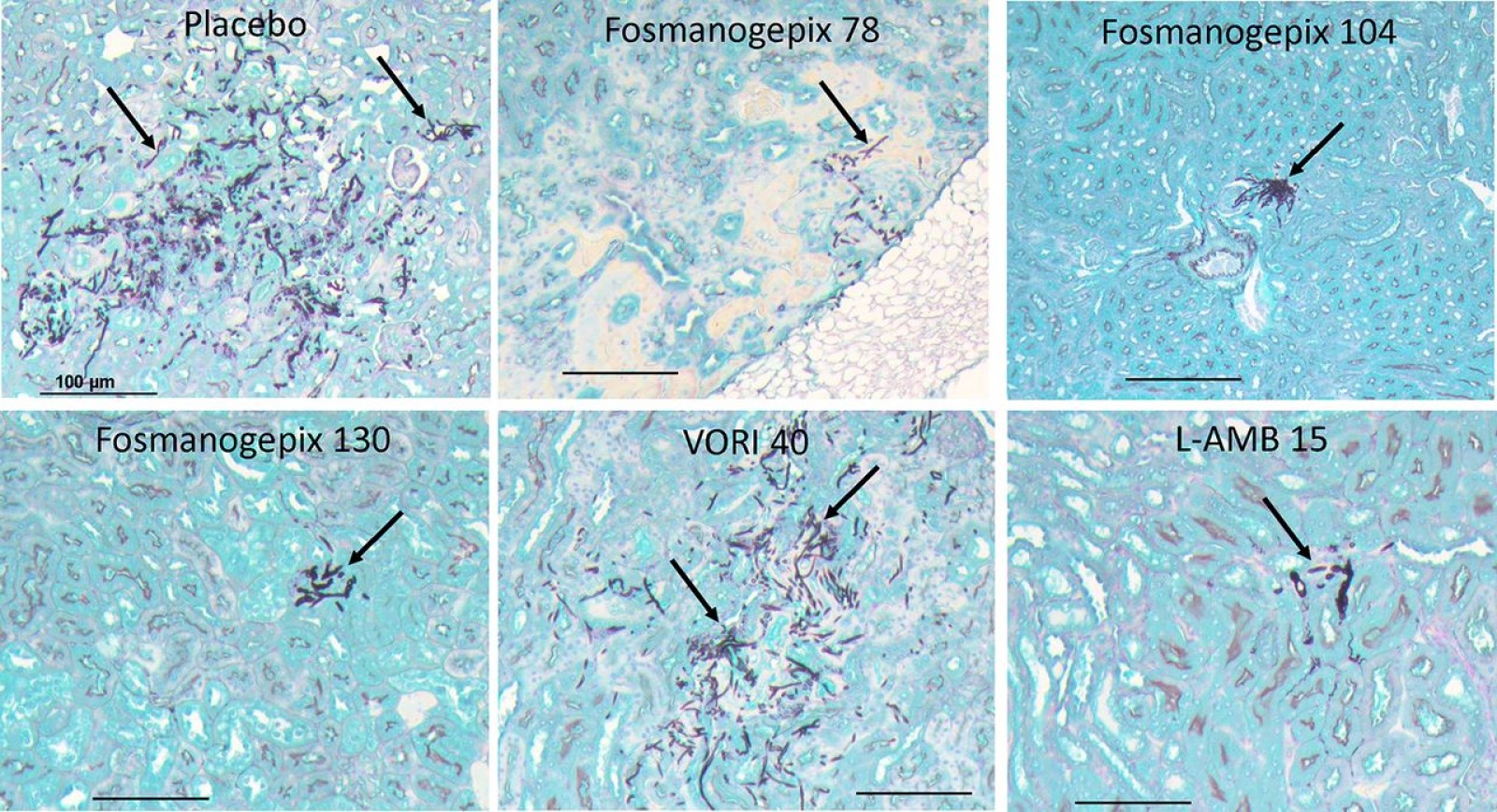Pfizer makes strategic investment in antibacterial and antifungal R&D to get new products to market
Date
18 November 2021

Pfizer
R&D pipeline targeting priority pathogens
Pfizer has developed a diverse strategy to maintain and evolve its engagement in R&D, and actively seeks new opportunities to expand and enrich its involvement
Global
New medicines and vaccines are needed urgently to target priority pathogens. However, it can be risky to invest in developing antibacterial and antifungal products. Large companies that possess greater capacity, scientific expertise, equipment and regulatory know-how can play a valuable role when they choose to invest in smaller companies, and/or acquire promising innovations. This can help to take forward products at a greater speed.
What does best practice look like?
Pfizer works internally and externally to maintain and grow its engagement with AMR, focusing both on treatment and on the prevention of infections caused by difficult-to-treat resistant pathogens. In contrast with GSK, a high proportion of its R&D projects (eight of 13) are in late-stage clinical development (Phase II and onwards).
Pfizer’s diverse strategy includes acquiring innovation from others, supporting smaller biotech companies, and increasing its in-house pipeline. It engages across all sectors to support R&D and works with a range of private and public partners and funders including the US government (BARDA), AbbVie and the Bill & Melinda Gates Foundation. It also supports the AMR Action Fund, pledging USD 100 million over 10 years.
By putting its weight behind innovative, early-stage R&D, the company is helping to bring promising novel products to market. Strategic acquisitions such as Arixa Pharmaceuticals and Amplyx Pharmaceuticals have helped grow Pfizer’s pipeline of projects from eight to 13 and broaden the number of pathogens targeted. Through Amplyx, Pfizer moved into antifungal R&D and is now developing a clinical-stage antifungal medicine candidate (fosmanogepix) to treat invasive fungal infections caused by Candida spp. among others.
Through Arixa’s lead compound ARX-1796, Pfizer aims to create next-generation oral antibiotics, targeting gram-negative pathogens that cause resistant urinary tract and other infections. In late 2019, Pfizer also invested in ContraFect, which is taking forward Phase III trials of its candidate Exebacase, a first-in-class direct lytic agent targeting S. aureus, to help patients with highly resistant infections.
Pfizer’s vaccine development programme is second in size only to GSK’s and has products to help protect against Group B Streptococcus and respiratory syncytial virus. Its vaccine for S. pneumoniae was recently approved by the FDA. Its C. difficile vaccine is in Phase III trials, ahead of GSK’s own C. difficile candidate.
Next Steps
The Benchmark expects large research-based pharmaceutical companies to continue engaging and investing in R&D that targets priority bacterial and fungal pathogens, whether in-house or through collaborations. Pfizer engages with AMR from a range of angles and liaises with diverse stakeholders and local networks in low- and middle-income countries. In R&D, its approach is highly strategic: it identifies promising candidates for investment and supports smaller innovators to move products forward to market. Other companies can emulate this proactive, strategic approach and their ongoing commitment to AMR.